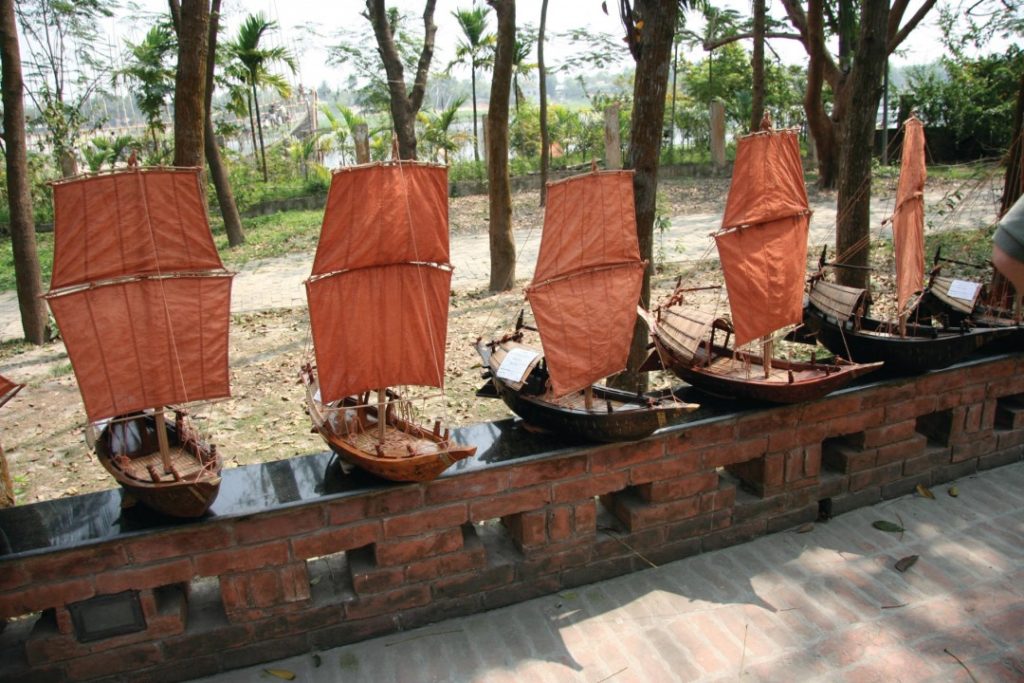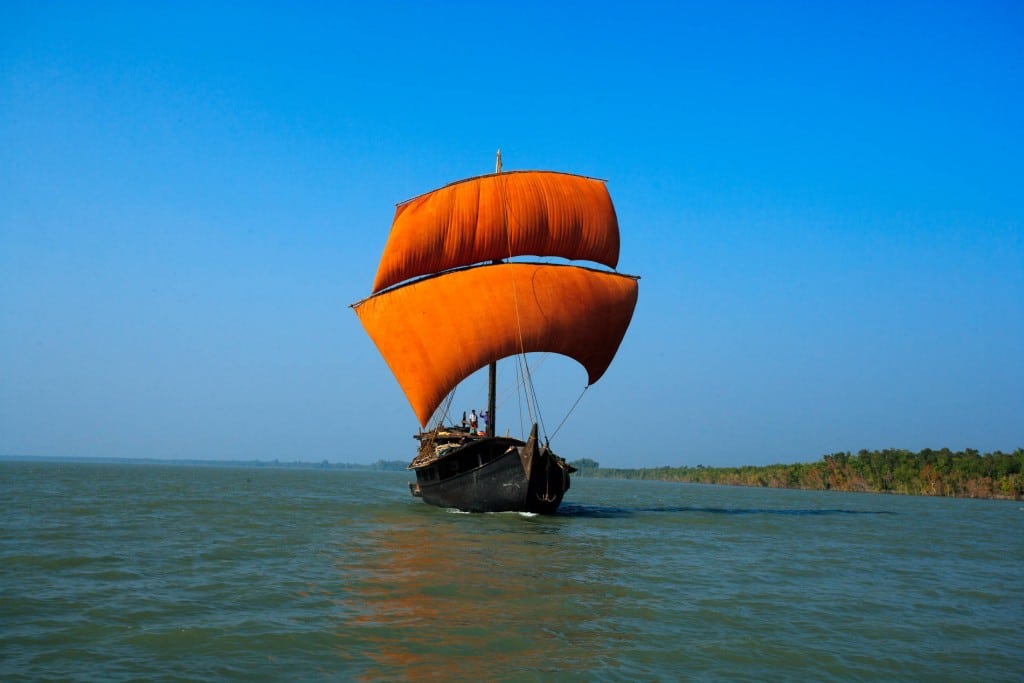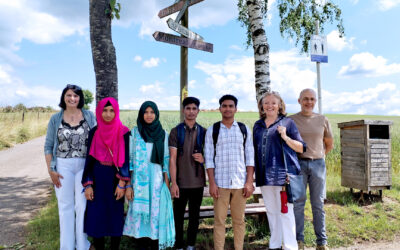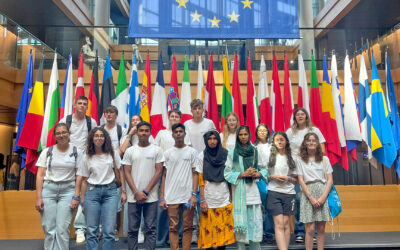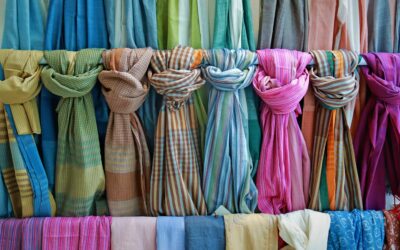Mohammad Abdul Halim’s story
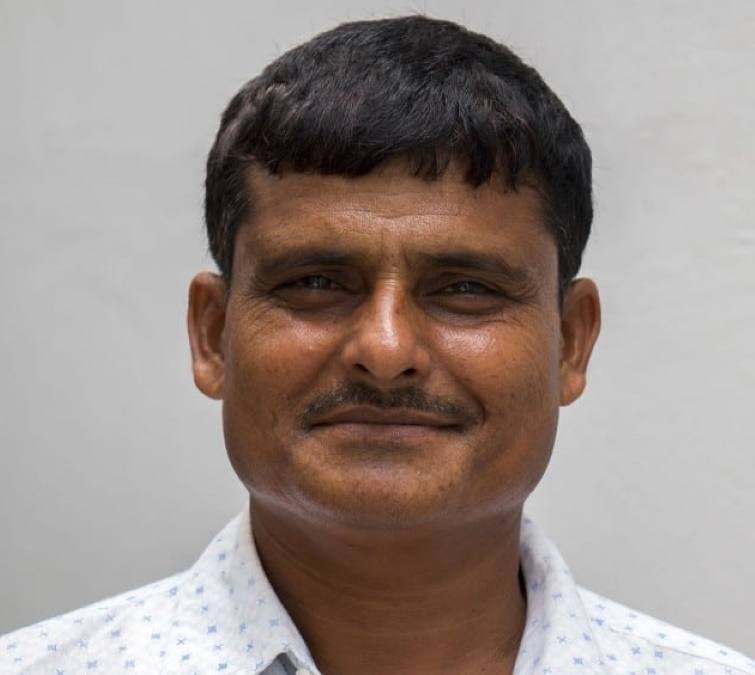
As a young boy, Halim left school to work on his father’s ship as a cook and errands boy. In those days, that was how an apprentice sailor began. He slowly worked his way up until one day the captain decided he was ready to manage his own vessel. Halim’s family came from a long line of sailors but, with the introduction of mechanical engines, sailors lost their income and livelihood as their services were no longer required. Halim’s family were forced to sell their boats and he went to Narayanganj to work on a boat Runa Khan and her husband had acquired. It was also here that Halim discovered his skills at building model replica boats. Halim worries that future generations will not want to continue his craft. However, he believes that the boat-building tradition can be retained if there is a strong training programme and trainees are offered job opportunities thereafter.
“This notion of preservation was not something we really understood before. It was only after we joined Friendship’s cultural preservation programme that we understood the need for it. When we worked before, it was simply to make ends meet, to put food on the table and so on. Now, we see the value in preserving Bangladesh’s boat making heritage”.
Mohammad Abdul Halim, from Chilmari, Karai-Barisal char, craftsman for Friendship.
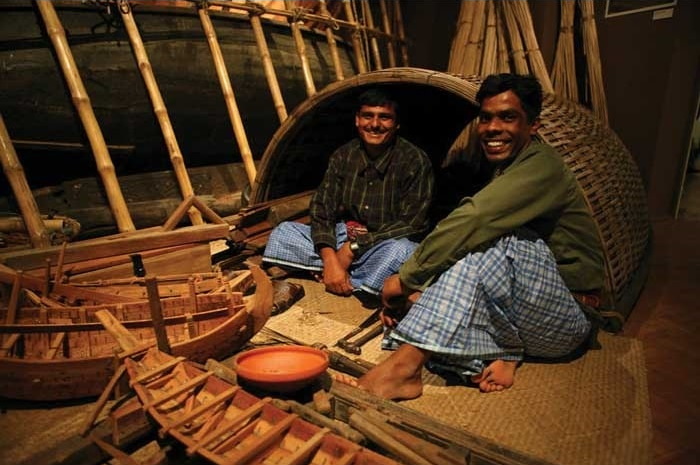
Baidyanath Sutradhar’s story
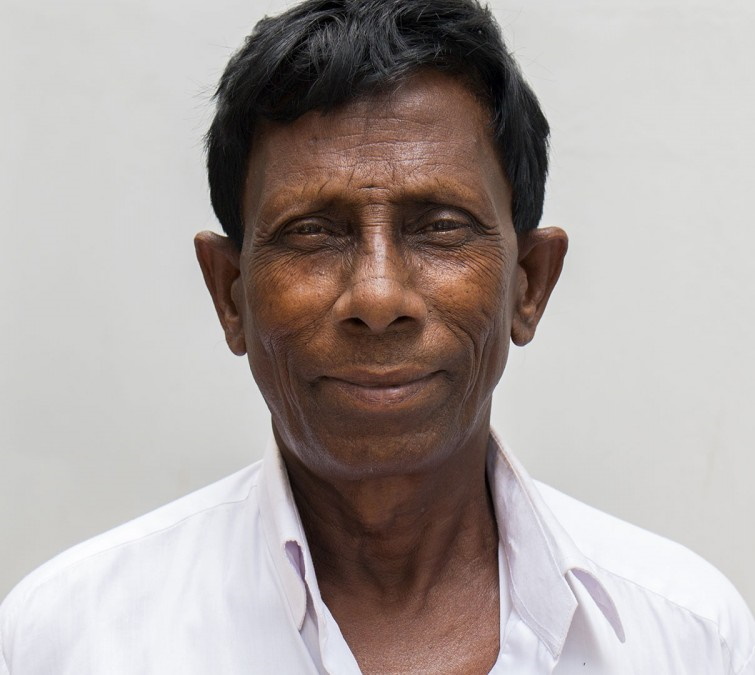
Baidyanath has been building boats since he was 15 years old, a craft he learnt from his father and that he, in turn, has passed down to his sons. For him, much of the learning process involves interacting with the riverine people, understanding how they lived and asking them about the various boats he saw crossing on a daily basis. This has allowed him to gather extensive knowledge of the different styles of boat. He has created small replica models of the original boats to preserve for posterity but recognizes the need to build even more replica boats if the craftsmanship is not to be lost. Baidyanath often wonders whether his generation will be the last to recall the various boat building techniques. He is happy to be able to earn a stable income from a trade that he holds so dear and hopes to do all he can to preserve the knowledge of building these boats so dear to Bangladesh’s cultural heritage.
“We’ll have to train up some people to keep this tradition alive. It’s not like we’ll be around forever, nor will my sons. However, we can pretty much make all the models now. That knowledge needs to be passed on”.
Baidyanath Sutradhar, from Maldapara, Pabna, craftsman for Friendship.
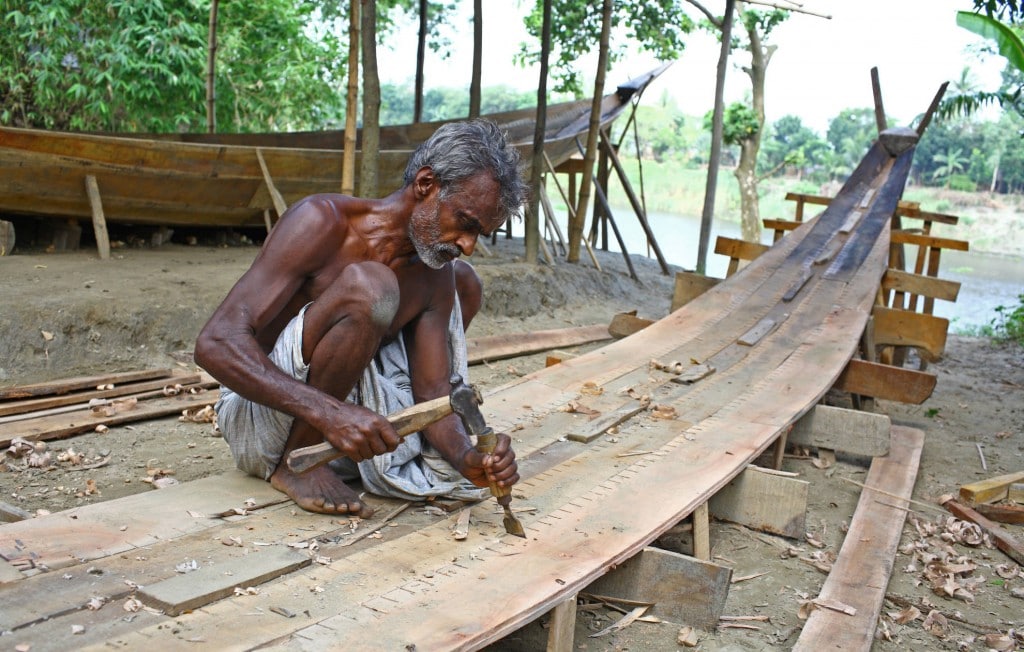
Friendship’s cultural preservation
Through its Cultural Preservation programme, Friendship is striving to organize exhibitions worldwide to help raise awareness of this traditional craftsmanship and to ensure that Bangladesh’s rich, cultural, boating heritage is kept alive for future generations to enjoy.
Friendship will also establish a museum in Bangladesh where we will display the replica model boats. Our experienced team of carpenters will also work there demonstrating ancestral techniques as well as teaching the skills to future generations during specific workshops. The museum will serve as testimony to our cultural legacy.
